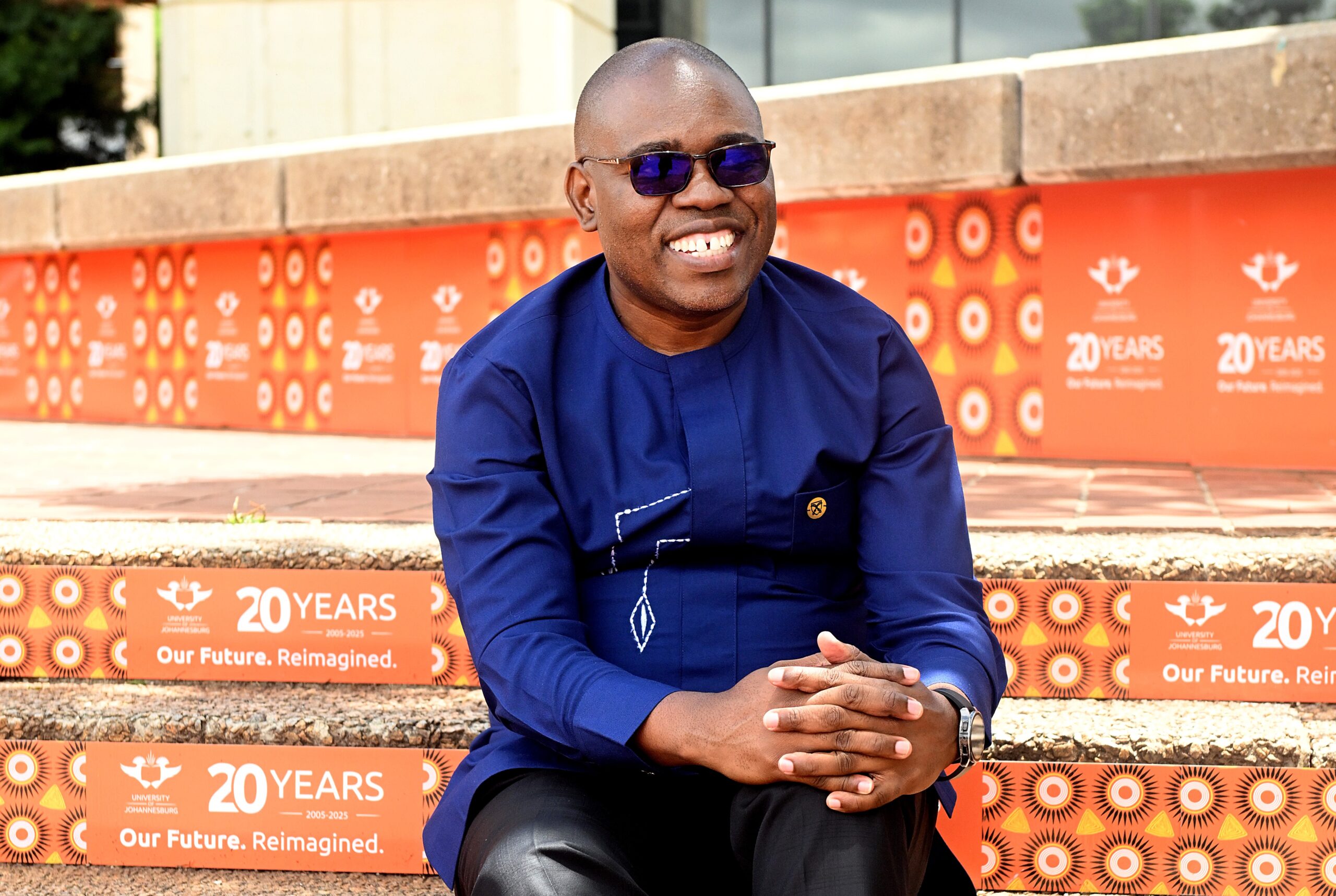South Africa should not try to prohibit online gambling but should rather provide licences to “four or five” operators who adhere to strict legal standards.
Published : Independent Online, 2012-03-05
This was the view put forward by Professor Basie von Solms, research professor in the Academy of Computer Science and Software Engineering at the University of Johannesburg.
He was speaking during a workshop hosted by the National Assembly’s trade and industry oversight committee on the challenges of drawing up legislation on online gambling.
Von Solms referred to Italian law which allows internet gambling by licensed operators, and also for advertisements linked to legal licensing and warnings to consumers.
“We should licence four or five people under very strict compliance methods and we should, through marketing, make it very clear that, if you go through these licensed people, you will be covered by the gambling board or whatever agency that will be dealing with this.
“You tell consumers ‘we will support you’, but if you go the illegal route, you will lose your money and you are on your own,” Von Solms told the committee at its meeting on Friday.
Von Solms has previously spoken out strongly against prohibiting access to online sites, saying this would be impossible. “Whether you use a cellphone, a desktop computer or a chip implanted in your brain to access the internet, these are just access methods.
“What we must do is assume we have two big players in online gambling: we have the player and the provider, or the person who will be licensed. How the player gets to that person is irrelevant.”
Online gambling is illegal in SA and a Pretoria High Court ruling in 2010 made it illegal for online gambling sites to offer their services in SA, even if their servers are outside the country.
The National Gambling Board’s position paper on online gambling was discussed by the committee’s working group last month. Issues include licensing online gambling in other jurisdictions and the recommended approach for SA.
The Gambling Board holds that licensing online gambling operators forms an integral part of the regulatory environment, which should ensure a manageable number of licenses for online gambling.
Input from the departments of trade and industry, communications and other players demonstrated that online gambling could not easily be legislated against.
Committee chairman Joan Fubbs said with rapid advances in technology, online gambling was an issue that had to be dealt with. “We’ve got a drug problem… we’re soon going to have a gambling problem,” she said. “But online gambling is not something that can be legislated tomorrow.”
Earlier, Jabu Radebe, acting director-general of communication and responsible for cyber-security and internet governance, said the fundamental question to be asked was: “What do we regulate when we regulate online gambling?
“Are we regulating to legalise it or are we regulating to ensure it doesn’t happen?”
Pieter Smit of the Financial Intelligence Centre said online gambling carried specific risks. It was not face-to-face business, and thus impossible to verify customers’ physical appearance against ID documents.
“We will need to rely on new technologies to verify identities of players,” Smit said.



